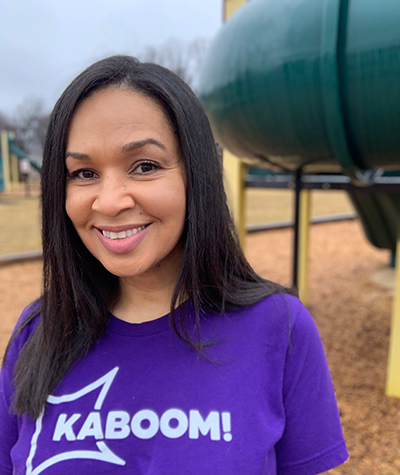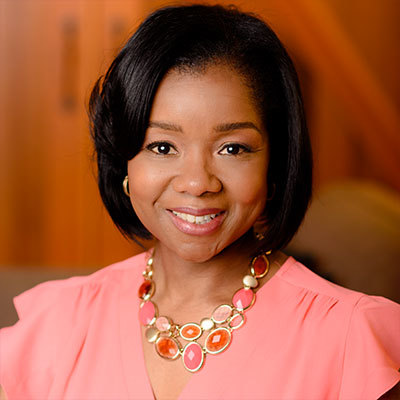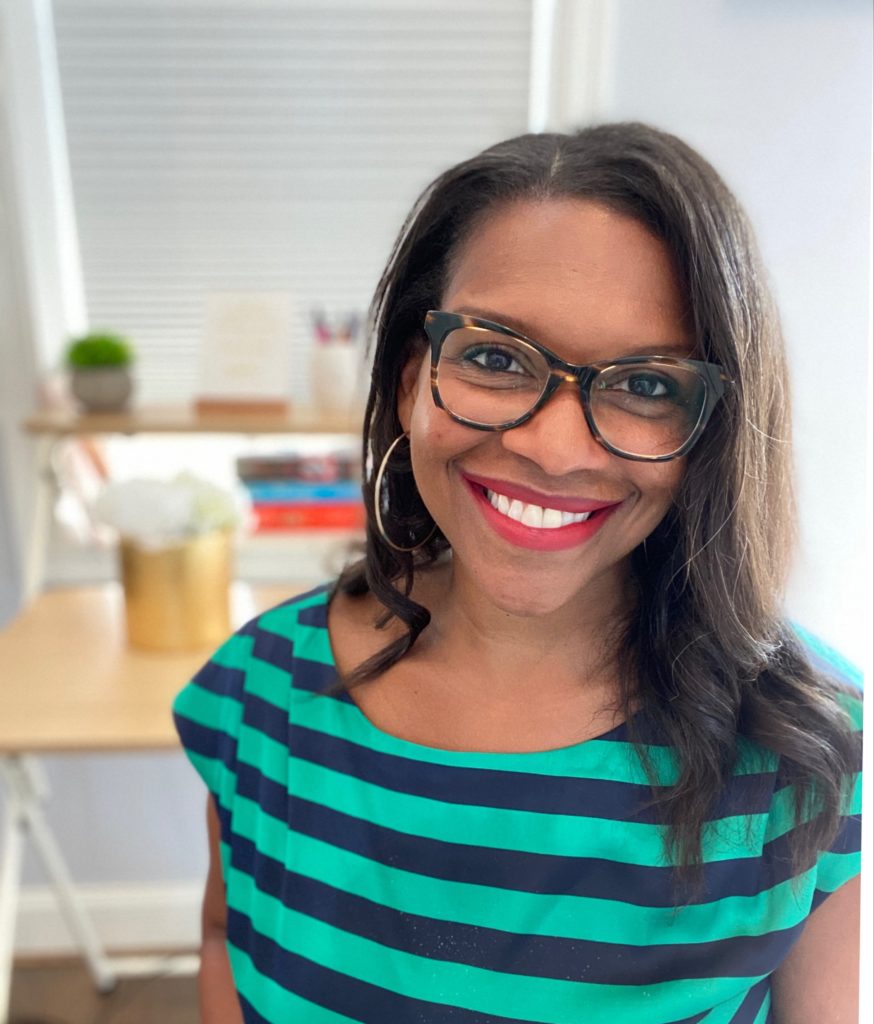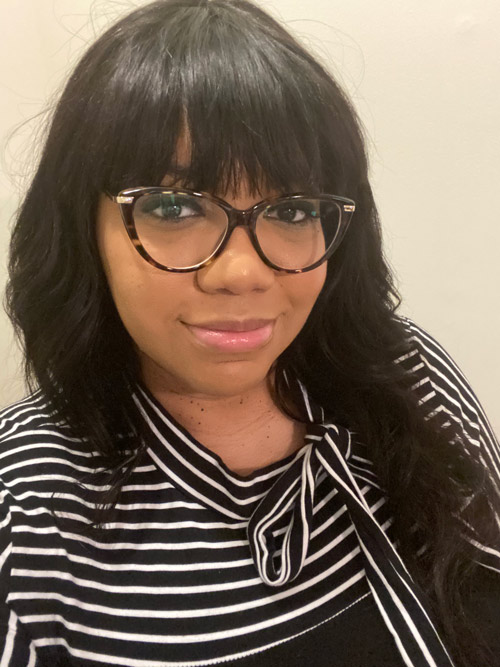Black leaders at KABOOM! discuss the importance of prioritizing racial equity in their work and the need for racial diversity within the philanthropic sector
This year has made it impossible to ignore that the reality of racism is still ever-present in America. From the COVID-19 pandemic exacerbating health disparities that have long existed within Black, Latinx and Indigenous communities, to the murders of George Floyd, Breonna Taylor and countless other Black lives lost at the hand of police brutality, this year has laid bare the fallacy that we, as a nation, are beyond racism. The complexity of hundreds of years of structural and institutional racism compounds the challenge of where to focus, what to address and how to make systemic changes that heal, not bandage.
Nonprofits, particularly those with missions focused on achieving social change, are grappling with the question of how to address racial equity as a necessary driver of their work. Many have taken a clear stance in support of an anti-racist society, while still trying to understand their role in guiding that change in the space they hold as an organization, particularly in partnership with the communities they want to impact.
KABOOM! is the national nonprofit that works to end playspace inequity, and we do this by amplifying the power of communities to build inspiring playspaces that spark unlimited opportunities for every kid, everywhere. In order to address the equity issues that exist in access to places for kids to play, the majority of our work happens in Black and brown communities that lack resources due to long-term disinvestment based in structural and institutional racism.
Though this has been our commitment for 23 years, KABOOM! has undergone a significant period of self-reflection in recent years, and began explicitly prioritizing and naming racial equity in our work two years ago. It was important for us to understand how our business model may be helping, or perhaps hindering, the progress of the communities we want to impact. What we learned revealed a need to change our organizational approach and address racial equity as a cornerstone of our mission.
- What We’ve Learned
- Every employee needs a foundational knowledge of the challenges Black communities face that are rooted in racism; and our explicit commitment to racial equity needs to be named as an accountability measure in everything we do.
- Each community is different, and we have to be aware of the unique assets and challenges of each to address their needs authentically.
- What we say plays a role in framing the narrative around the communities we support, so we have a responsibility to ensure we are not reinforcing any negative stereotypes that communities are already trying to overcome.
- The decision-making process must include and empower Black team members in defining racial equity approaches in pursuit of a more just organization.
As this summer’s civil unrest prompted a widespread reckoning with racial equity in organizations across the country, we are heartened by the nonprofits that are joining us on this journey of constant learning and evolution. KABOOM! understands the importance of ensuring the communities we work with are represented in our workforce and understand the significance of having Black leadership at every level in the organization. In the current climate, this priority has proven to be a business imperative for us to be able to navigate and address race, representing our work in Black communities in an authentic way.
According to the Nonprofit Quarterly, 80 percent of nonprofits are white-led, and that number increases to 90 percent when it comes to the 315 largest nonprofits in the country. This lack of diversity calls into question the effectiveness and authenticity of strategies implemented in communities of color when the majority of decisions are being made by those unfamiliar with the experiences of those served.
Recently, a group of Black leaders at KABOOM! shared their perspectives on the importance of amplifying Black voices in organizational decision-making and why it is critical to support KABOOM! in achieving its mission.

Lysa Ratliff, CEO
My leadership journey started early. I was an overachiever who was surrounded by white men who were making decisions about what was best for Black and brown communities, and essentially what was best for me. I was a Head Start child. I lived in Public Housing. I was the daughter of teen parents. I never understood how someone so distant from the community could dominate the room, and so I spoke up and spoke out. Though I’ve certainly felt heard throughout my career, it wasn’t until I joined KABOOM! that my lived experiences were truly celebrated as valuable to the work I do.
Leading KABOOM! through an explicit commitment to racial equity has been the most important work of my career. It has also been the most emotionally taxing. The vulnerability it takes as a Black person to address the pains and undertones of racism with staff, with funders, with partners, weighs heavy on me as a leader. At times, my wounds are an asset for us, and at times my scars threaten to paralyze me. Regardless, I have learned that this work must be confronted head-on. There is no bigger call in this moment, and no matter how tough it is to lead a race-informed organization, I recognize that it is necessary, and is the only way forward.

Ronda Jackson, VP, Learning & Evaluation
The state of playgrounds, like most of our nation’s infrastructure, is inequitable and in disrepair. Those inequities were created by decades of government policies and practices that left Black and brown communities isolated and economically distressed with limited access to basic public amenities such as playgrounds, parks, pools and recreation centers. Leaders like myself working at the intersection of government and the nonprofit sector are advocating for historic federal investment in local parks and greenspace in COVID-19 related economic stimulus or infrastructure packages.
Parks and recreation spaces play an essential role in our communities, providing economic value, emotional and physical health benefits, and bringing people together. During this pandemic, park space has taken on a whole new meaning for many of us, becoming the one place we go for exercise, playgrounds, fresh air, and respite from anxiety and grief. But we know that not everyone has equal access to these amenities due to historic disinvestment in Black and brown communities.
This pandemic has laid bare these disparities and shined a spotlight on the significant role government can play to make sure there is equitable access to parks and playspaces for all our nation’s kids and families regardless of the color of their skin or their zip code.

Danielle Turnage, VP, Program Operations
We are experiencing a transformative period with funders, particularly those in the corporate sector. KABOOM! has spent several years working to deepen the commitments of our corporate partners, who have historically engaged with us for an amazing employee volunteer experience. We are now leading them toward making investments that directly address the significant inequities that exist in access to quality spaces to play that is ever-present in communities of color.
I’ve worked in development and corporate social responsibility for a large portion of my career. The shift we need to make is monumental, and it is happening right before us. Corporations are making unprecedented commitments to racial equity, and they have publicly committed to being partners in this work. It is inspiring to witness the intentional focus on learning and acting upon the needs of the community. My job is to continue to drive corporate funders toward impact and make the deep commitments necessary to support the recovery of communities that have experienced decades of neglect and disinvestment.

Tamara Grider Harris, VP, Marketing & Communications
We’ve had to acknowledge that the way we were showcasing our work in communities of color could inadvertently reinforce white saviorism, positioning KABOOM! as the heroes to come in to save Black and brown communities in need. In doing so, we ran the risk of reinforcing a belief that the people in these communities are the creators of their current conditions, not acknowledging historical racism that has left them out of opportunities and access to resources.
KABOOM! made a shift in how we share community stories, ensuring we bring greater visibility to what is beautiful about these communities, the positive attributes that need to be celebrated vs. the challenges that diminish their story and inaccurately reinforce negative stereotypes. I feel a personal connection to the Black communities we work with, which makes me even more invested in ensuring that the stories we share represent the realities we face, as well as the strength, courage and pride of the culture that I know exists. And when we miss the mark, my ability to help reframe that narrative is critical.

April Lampkin, Senior Director, Development
KABOOM! embracing diversity at all levels of the organization adds a richness to our ability to develop and implement programs for communities that have experienced historical disinvestment and are plagued by racial disparities. I celebrate KABOOM! for doing the work that many nonprofits have just now elevated given recent events but it’s important to still address the elephant in the room: nonprofits led by people of color receive less funding from foundations than white-led nonprofits.
Evidence suggests, as well as my experience, that most foundation leadership is white. That can make developing relationships with foundations all the more difficult for Black and brown fundraisers. We have to work overtime to build a rapport and insert ourselves into networks that do not look like us, have limited shared experiences and may have unconscious biases. While challenges certainly exist, the rewards outweigh the challenges and it’s increasingly important that we can educate funders on culturally relevant approaches that move them towards race-conscious funding.

Lynn M. Ross, KABOOM! Board of Directors
In my experience, an organization that is truly equity-centered is one that understands that equity is both a desired outcome and a continuous process. Certainly, the pursuit of racial equity must be the work of everyone in the organization, but who drives that process really matters. That pursuit is much more authentic when it is rooted in the lived personal and professional experiences of the organizational leaders who most identify with the neighborhoods KABOOM! aims to impact. I’m proud to serve on the KABOOM! Board because this is an organization that understands how essential it is to have Black leaders at all levels of the organization driving the decisions that move our mission to end playspace inequity forward.
